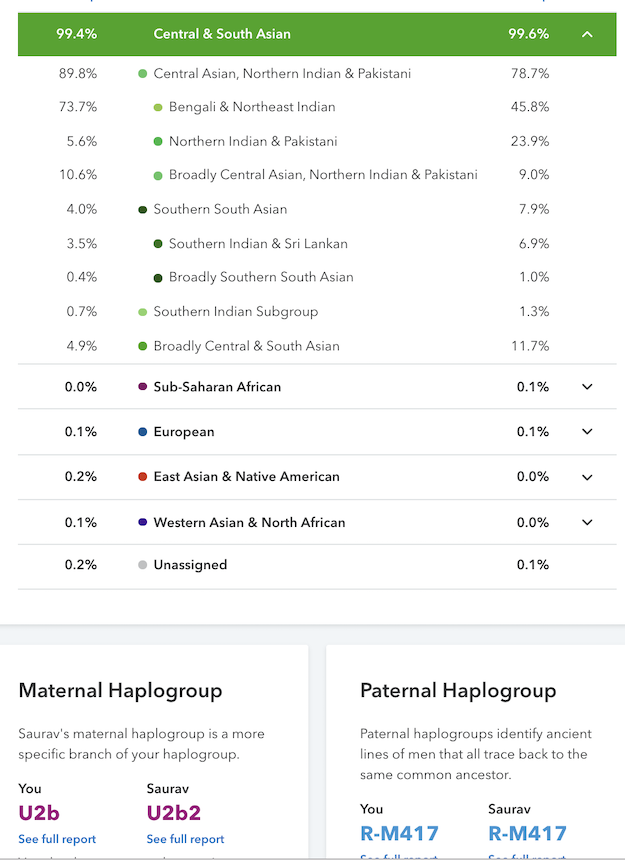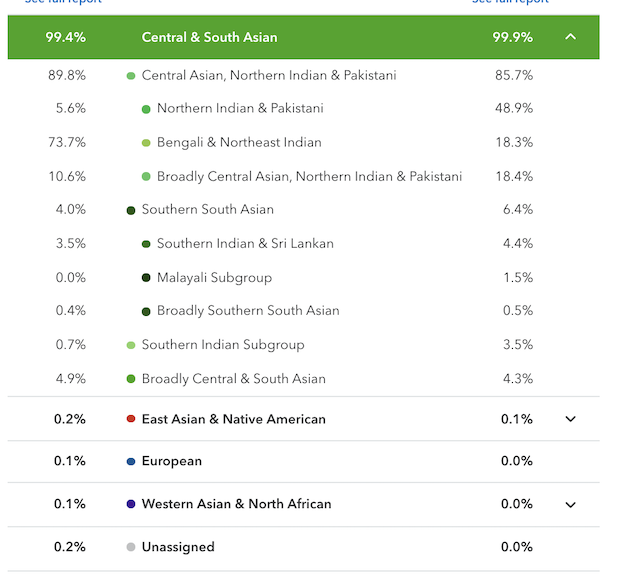This was an argument that I have been having with friends on FB.
Is bribery/corruption worse in third world countries compared to the west.
My contention has been that corruption has been legalized in the west, so cannot be prosecuted. So when corrupt third worlders deposit money in Swiss banks or get “Investor” citizenship which country is more corrupt.
In contrast, in third world bribery/corruption is illegal. There will be a show and dance and some low level officials will go to prison.
So a few days back made this comment of FB
Let me know when they claw back all the money from the Sackler’s and send them to prison for life. They are responsible for huge amounts of Opioid deaths.
The West has bribed willing corrupt officials in the third world to set over priced deals for over half a century.
They west met their nexus in China. Want to do business, technology transfer. In their greed for short term profits, multinational gave as bribes the family jewels , the intellectual wealth. Much of that intellectual wealth had been developed by tax payer money, eg Investments by US govt in Paolo Alto. Now that intellectual wealth is being used by the Chinese. The multinationals CEO’s have taken their money off the table.
Trump is trying to claw back some of the intellectual wealth by tariffs etc. Too little, much much too late.
Then I see this article by Max Stroller (via Naked Capitalism links )
Excerpts (not in order)
The Clinton, Bush, and Obama administrations didn’t notice these problems, because they lacked the wisdom to listen to engineers and people who actually work for a living. They didn’t understand that workers who blocked Chinese buyers looking at vital machine tools had savvy and integrity that they themselves lacked.
Still, this was too little too late. The episode was by any metric catastrophic; the Chinese government got missile making machine tools in return for a promise they didn’t honor, which should have been a massive scandal, borderline treason. But ultimately it wasn’t a scandal, because Republicans, leading globalization thinkers, and Clinton Democrats decided that transferring missile technology to China didn’t matter.
The Clinton framework gutted the ability of U.S. policymakers to protect industrial power, and empowered Wall Street and foreign officials to force the U.S. to export its industrial base abroad, in particular to China. The radicalism of the choice was in the intertwining of the U.S. industrial base with an autocratic strategic competitor. During the Cold War, we had never relied on the USSR for key inputs, and basically didn’t trade with them. Now, we would deeply integrate our technology and manufacturing with an enemy (and yes, the Chinese leaders saw and currently still see us as enemies).





